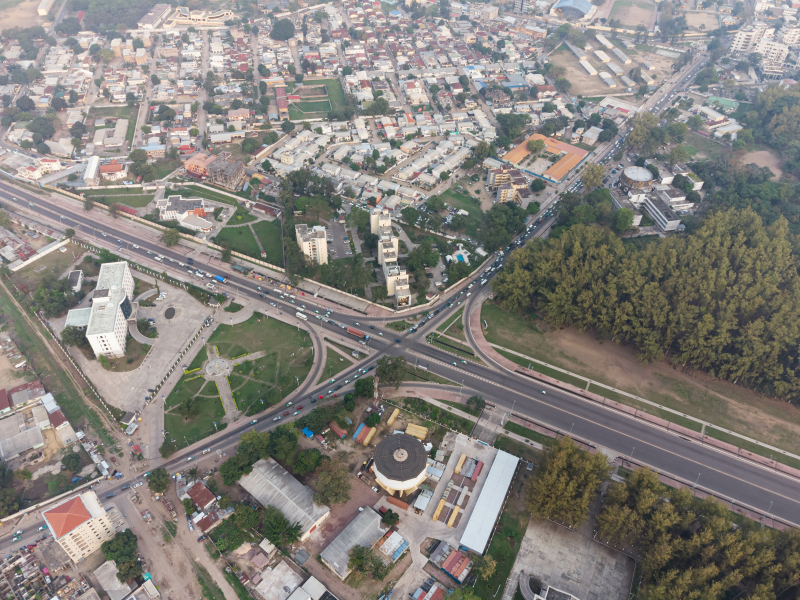UNDIAGNOSED ILLNESS OUTBREAK IN DEMOCRATIC REPUBLIC OF CONGO SPARKS GLOBAL HEALTH ALERT

A mysterious outbreak of an unknown illness in the Democratic Republic of Congo (DRC) has captured the attention of global health professionals, highlighting the need for strong public health systems to detect and respond to emerging health threats.
Since late October, over 400 cases have been reported in the Panzi health zone, predominantly among children under five years old, with symptoms such as fever, cough, and body aches resulting in 31 deaths. The crisis is compounded by severe malnutrition, which has worsened the disease severity. Laboratory testing is ongoing, and investigators are exploring various possibilities, including endemic diseases like malaria and respiratory infections.
The outbreak raises concerns that it may be another instance of "Disease X," a hypothetical, unknown pathogen with the potential to cause a global epidemic or pandemic. This term was coined by the World Health Organization (WHO) in 2018 to highlight the growing need for global preparedness against unforeseen infectious threats.
While the possibility of a new Disease X cannot be ruled out definitively, most outbreaks like this are often caused by endemic diseases in under-resourced areas rather than novel pathogens. In this case, health officials are evaluating whether multiple diseases may be contributing to the cases and fatalities reported.
Outbreak investigations typically follow a systematic approach to identify and control the source of illness:
- Epidemiological analysis: Collecting data to identify trends, clusters, and possible modes of transmission.
- Clinical and laboratory testing: Sampling patients is tested for suspected pathogens.
- Community engagement: Teams work with local communities to identify additional cases.
The investigation in the DRC faces significant challenges due to remote locations, poor infrastructure, and a strained healthcare system. However, international and national health teams are collaborating to identify the cause and strengthen the local response.
To prepare for future threats, global public health is facing an increasing urgency that requires ongoing research on new technologies, vaccination strategies, and rapid response measures.
DRC OUTBREAK LIGHTS THE WAY FOR GLOBAL HEALTH PREPAREDNESS
As health investigators continue to analyze data from the DRC outbreak, there is an essential lesson in their work. Investing in surveillance systems, laboratory capacity, and community engagement can help identify outbreaks early on, allowing local and international health officials to respond rapidly.
By fostering global solidarity and working together with resource-limited healthcare systems, we can strengthen our defenses against emerging diseases and ultimately prevent pandemics ahead of time.
